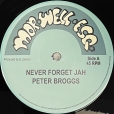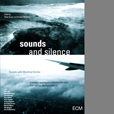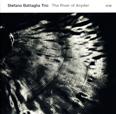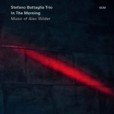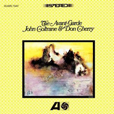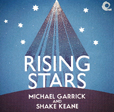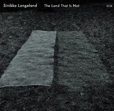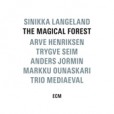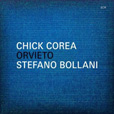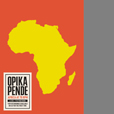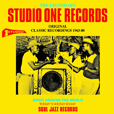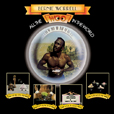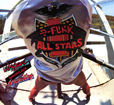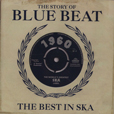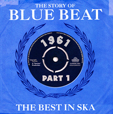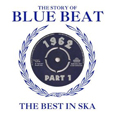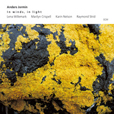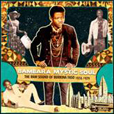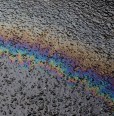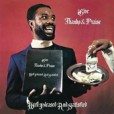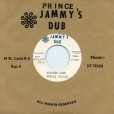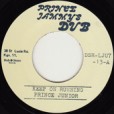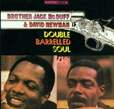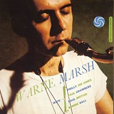Your basket is empty

‘A sensual, haunting and reflective road movie that captures the magic of music.’ Grafelfing to Athens, Udine to Carthage, Tallinn to Pernes-les-Fontaines, Copenhagen to Salta in Argentina.
‘I pushed myself to write songs and dances uninfluenced by the sophistication of contemporary musical languages, pieces that might have been played on archaic instruments a thousand years ago.’
The trumpeter in particular thriving in the strangeness of the set-up — Trane with Ornette’s band, on soprano, playing three Colemans, a Monk and a Cherry.
Superior 180g vinyl via Rhino, in mono.
Lethal footwork from three originators. The A is dancefloor murder, honed and nasty, vintage Chicago and Detroit gone clear across the SA border; the flip is a fierce, futuristic juke vocal collage, hard as nails.
Exotica, a bossa, and real-deal British bebop from 1964: four unissued cues featuring The Hastings Girl Choir, and four cuts with Coleridge Goode and Bobby Orr.
Excellent 1978 solo debut of the P-Funk keyboardist — with Bootsy, George Clinton, the Brides Of Funkenstein, Eddie Hazel, Fred Wesley, Maceo, the lot.
With Pumpin’ It Up.
Afro-Funk mixed with traditional Islamic rhythms and Afro-Latin sounds spread by visiting Cuban ensembles — and most of all the Mandingue melodies and guitar techniques of Mali and Guinea.
Spherical collections of stars form around black holes in situ; that is, locally to their cosmic neighbourhoods. It is said that future space colonization will rely on sourcing supplies in situ. Construction in situ uses raw materials at the site: colossal sculptures such as Naqsh-e Rustam, the Leshan Giant Buddha and Mount Rushmore were built in this fashion.
Wild, organic machine grooves, with a mind’s eye on naked treetops and an early sunset. Melody breathes out from dubwise fx, percussion by turns sinewy and floating, sub blasts and stripped synth arrangements. Keys on air.
Spacious, witty, melancholic, deadly.
The debut LP of David Jahson and Jerry Baxter, from 1978 (featuring the classic, parping Black On Black, from four years earlier).
The CD adds the Love Train album.
Tough Jammys do-over of Cuss Cuss, with dangerous bass and banging dub, and Junior in no mood for messing. ‘Galong before we chop off your hand.’
